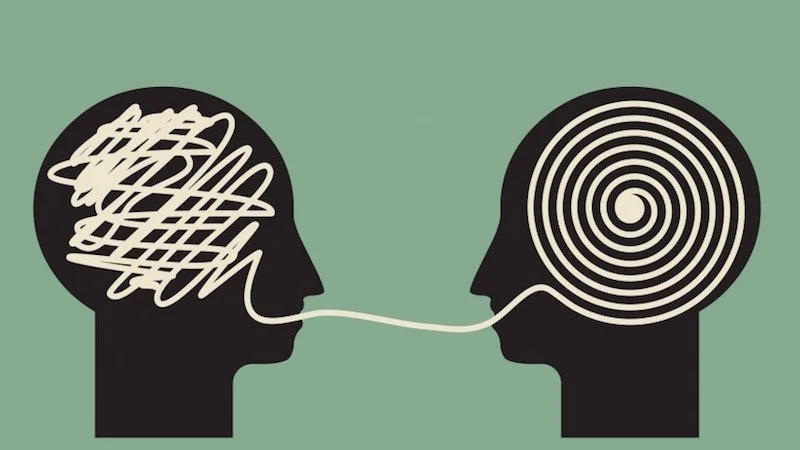The Purpose of Logic
Aryan Sharma
The field of logic is often overlooked as an abstract field, something that doesn’t really help with understanding a more applicable field and has no direct applications itself. It is for this reason that it is often not seen as a field of study, and therefore not taught in most education systems.
However, logic is used by people all the time, in both daily life and in many STEM careers. As Dr. Michael Genesereth, associate professor at Stanford in Computer Science and founder of the Stanford Introduction to Logic program states, “Logic is useful for everyone…to prove mathematical theorems, to validate engineering designs, to diagnose failures, to encode and analyze laws and regulations and business rules”.
Logic can be divided into two different subjects: formal and informal. Formal logic is a little closer to mathematics, representing states (for example ‘I like dogs’) as a letter (for example ‘p’), and then using these letters to create statements. For example the statement ‘I like dogs, therefore I am a dog person’, could be represented by ‘p -> q’.
This allows for logic to not be based on the sentences themselves, but rather how the sentences are structured into a valid line of reasoning. Through this method, logic sees many valuable uses to speakers trying to simplify a complex topic, computer scientists when creating algorithms, and to everyday people when constructing or trying to validate arguments. Informal logic is more based on the content of the statements, and is therefore more focused on fallacies, argumentation, and underlying implications of statements.
But beyond direct applications of logic, logic sees more use as well in critical thinking in general: In other words, just attempting to learn about the field of logic can help with improving critical thinking, reasoning, and sharpness of the mind. Genesereth states as well, “Logic has to be and must be taught to all students if we want to prepare responsible citizens. A logically literate populace will know how to ask the right questions of their leaders, how to spot fallacies, and how to make decisions that truly align with their values”.
Logic can see implications in mathematics and computer science, in everyday life, in competitions, in civics, and it is overall a fundamental and underlying field that helps to describe how people can make the right choices.
Sources
Generesth, Micheal, “Logic in Secondary School Education” (2017). Stanford Intro to Logic. http://intrologic.stanford.edu/miscellaneous/intro.html.
Example Logic equation generated via Latex.
Photo Credits
Unsplash
Undisciplined Environments


